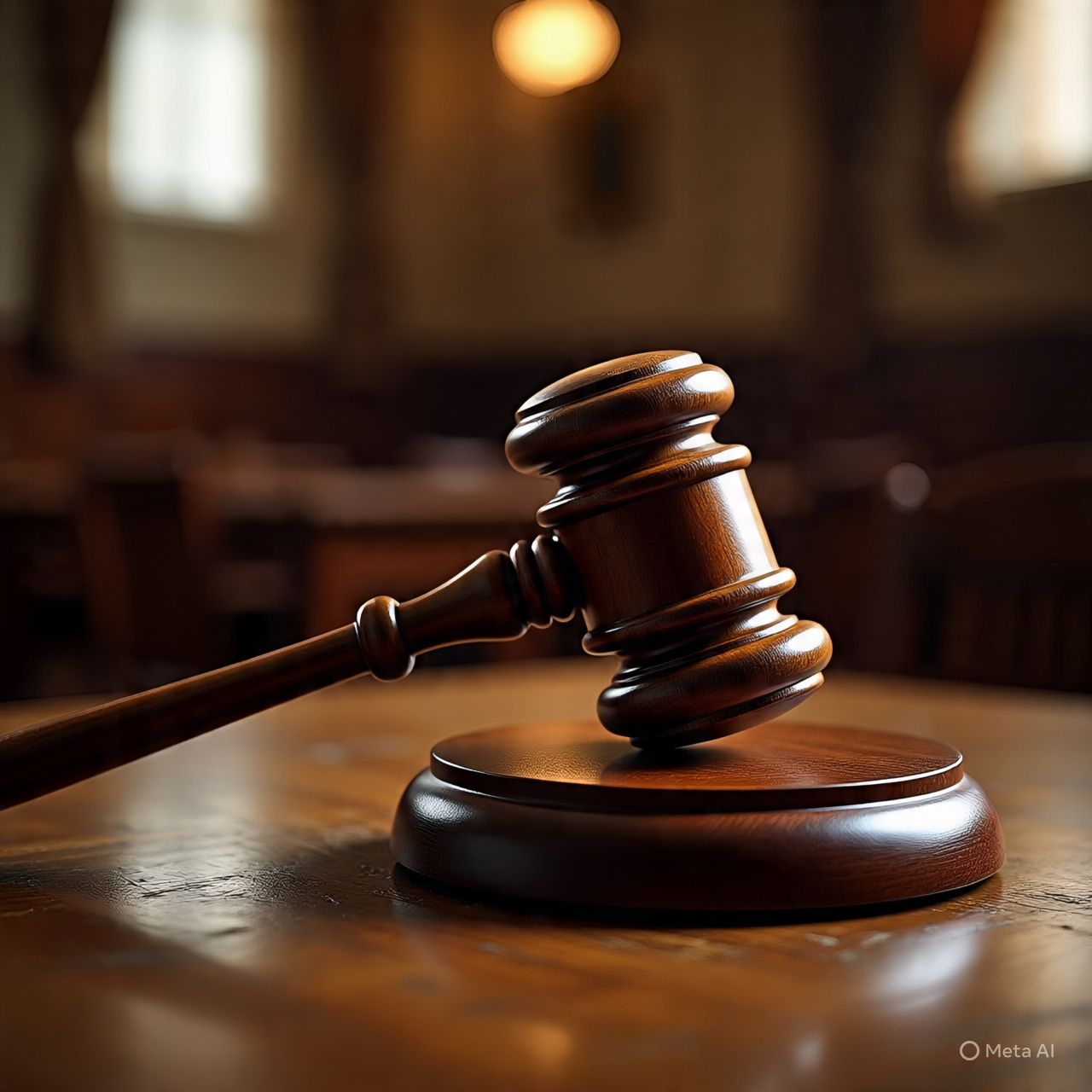
Nigeria’s judiciary has been embroiled in controversy over corruption allegations, with many questioning its integrity and impartiality. According to a report by the National Bureau of Statistics (NBS) and the United Nations Office on Drugs and Crime (UNODC), judges in Nigeria are among the biggest recipients of bribes, with over N721 billion paid to public officials in 2023.
The State of Corruption in Nigeria
Transparency International’s 2024 Corruption Perceptions Index (CPI) ranked Nigeria 36th among the most corrupt countries globally, tied with Uganda, Mexico, Madagascar, Iraq, and Cameroon, with a score of 26 out of 100. This ranking highlights the need for urgent reform to address the pervasive corruption in the country.
Key Findings on Corruption in Nigeria
– Judicial Corruption: The judiciary is perceived as one of the most corrupt institutions in Nigeria, with judges often awarding favorable rulings to the highest bidder.
– State Capture and Nepotism: Key government appointments are often driven by personal or ethnic affiliations rather than merit, exacerbating inefficiency and corruption.
– Oil Theft and Subsidy Fraud: Nigeria loses billions in revenue to oil theft and subsidy fraud, with little accountability.
– Lack of Political Integrity: The absence of internal democracy and proper campaign finance within political parties breeds corruption and compromises elected officials.
The Impact of Corruption on Nigerian Society
Corruption has eroded trust in Nigeria’s institutions and society, undermining economic growth and development. The crisis of trust in the justice system is a stark indictment of compromised courts, which are widely perceived as politically captured and unable to guarantee impartiality and equitable access to justice.
A Call to Action
To address corruption in Nigeria, there is a need for:
– Judicial Reform: Strengthening the judiciary and ensuring its independence and impartiality.
– Anti-Corruption Efforts: Empowering anti-corruption agencies to investigate and prosecute high-profile cases without political interference.
– Transparency and Accountability: Promoting transparency and accountability in government institutions and public procurement processes.
By working together to address corruption, Nigerians can build a brighter future for themselves and future generations.















